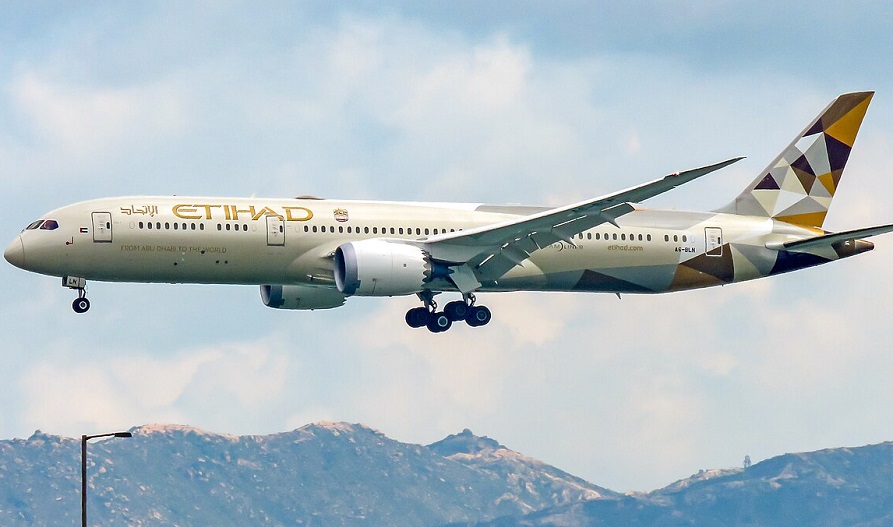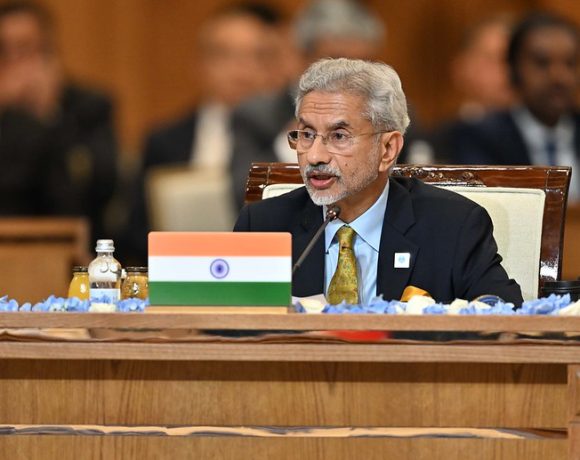
Etihad Urges Caution On Boeing 787 Fuel Switches
Etihad Airways has issued a safety advisory to pilots operating Boeing 787 Dreamliners, asking them to exercise extra caution while handling the fuel control switches and nearby components. The airline emphasised the risk of unintended switch activation that could affect engine performance.
Fleet-Wide Inspection Ordered
Etihad has also ordered a technical inspection of all Boeing 787 aircraft in its fleet. Engineers have been instructed to verify the locking mechanism of the fuel control switches. If a switch is found to be moving without lifting the protective lock, it must be replaced immediately with a newer version of the Thrust Control Module.
The advisory also asks crew members to ensure the area around the switches is free of loose objects to prevent accidental contact.
Background Of The Alert
The move follows recent concerns linked to switch behaviour under certain flight conditions. Though the switches are designed with built-in locks, incorrect or unintentional movement could potentially shut off fuel supply to the engines.
The advisory is part of a broader industry response to ensure preventive checks are conducted, even though there is no direct technical fault reported in Etihad’s aircraft so far.
Industry-Wide Response
Other international airlines have begun taking similar precautionary steps. Some have started internal checks on cockpit controls and rebriefed pilots on proper handling procedures.
India’s aviation regulator is also reviewing inspection standards for Boeing 787s currently in service with Indian carriers, as a part of wider safety reassessment measures.
Ensuring Passenger Safety
Etihad has instructed all crew and maintenance personnel to report any abnormalities immediately. These inspections reflect the aviation industry’s strict approach to preventive safety, with a strong focus on addressing even low-probability risks before they lead to incidents.
The airline reaffirmed its commitment to upholding the highest levels of operational safety across its global network.


















